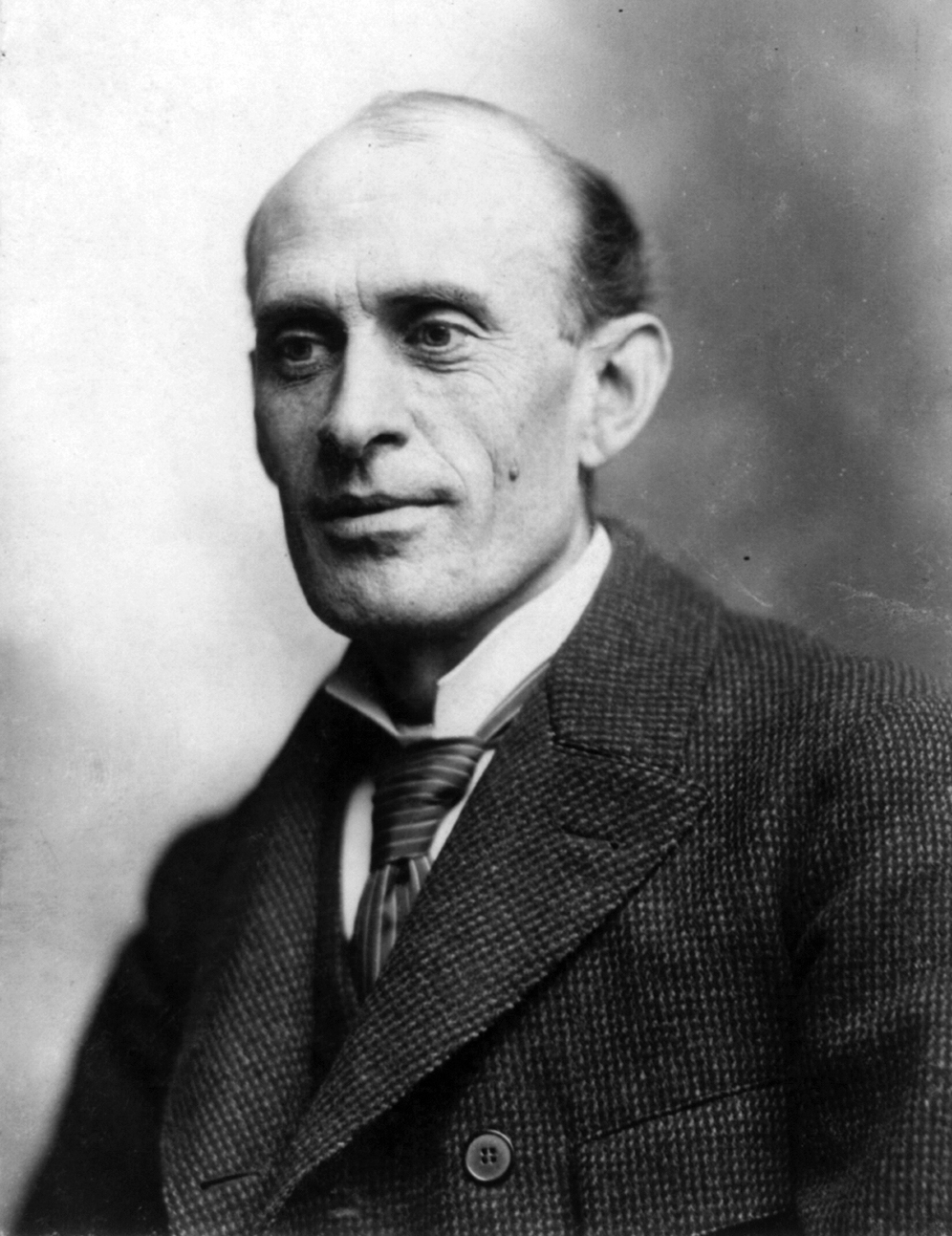
Have you ever paused to consider the individuals who have significantly influenced how we navigate and experience the world through travel guides? Allow us to introduce you to the extraordinary figure of **Eugene Fodor**, whose remarkable contributions to the realm of travel writing have profoundly impacted the industry as we know it today. Fodor’s story is one of resilience and creativity, beginning in the modest surroundings of Austria-Hungary. He eventually made his way to America, where he would rise to prominence as a celebrated travel writer. His innovative approach to travel literature not only transformed the way people plan their journeys but also inspired countless others to explore the globe. Fodor’s legacy continues to resonate in the travel community, reminding us of the power of storytelling in shaping our adventures and experiences. His life and work serve as a testament to the enduring spirit of exploration and the importance of sharing our discoveries with others.
Early Life: Roots in Austria-Hungary

Eugene Fodor was born on **October 14, 1905**, in Léva, which was then part of Austria-Hungary and is now known as Levice in Slovakia. His upbringing in a culturally vibrant environment played a significant role in shaping his interests, igniting a deep passion for languages and a thirst for adventure from a young age. This early fascination with exploration and storytelling would ultimately propel him into the world of travel writing, a career that would allow him to combine his love for culture with his adventurous spirit.
### Education: A Foundation for Adventure
Fodor’s academic journey began with a focus on **political economy**, which he studied in Czechoslovakia, culminating in his Bachelor of Arts degree in 1924. His quest for knowledge took him beyond his homeland, leading him to study in **Grenoble, France**, and **Hamburg, Germany**. These experiences not only enriched his understanding of different cultures but also equipped him with valuable skills that would later serve him well in his writing career. Little did he realize that the diverse perspectives he gained during this time would become the bedrock of his future endeavors in travel literature.
#### First Steps into the World of Writing
Following the completion of his studies, Fodor embarked on a career as an interpreter for a French shipping company. This role allowed him to immerse himself in the maritime world, and during his free time, he began to channel his experiences into writing. He crafted articles that explored exotic ports and captured the essence of life aboard ships. His adventurous spirit and natural talent for storytelling quickly garnered attention from various newspapers. This recognition paved the way for him to become a travel correspondent and editor, first in **Prague** and later in **London**, marking the beginning of a remarkable journey in the realm of travel writing.
Breaking into Travel Writing

In 1936, the renowned travel writer Fodor released his inaugural book, titled **On the Continent**. This publication quickly captured the attention of readers and became a bestseller in both Europe and the United States, signaling the start of a remarkable career in travel literature. What set Fodor’s guides apart from others in the market was his distinctive approach to travel writing.
### Unique Approach: Blending Information with Entertainment
Fodor’s travel guides transcended mere practicality; they were crafted to be captivating narratives that offered readers not only essential information but also rich historical context and cultural insights. His remarkable storytelling ability made it feel as though readers were embarking on their own adventures, with Fodor serving as a personal tour guide. He had a knack for revealing the hidden gems of each destination, making the experience both informative and enjoyable.
### World War II: A New Chapter
As World War II erupted, Fodor found himself in the United States on a business trip. Rather than returning to Europe, he chose to stay, ultimately becoming a naturalized citizen in **1942**. His newfound love for his adopted country inspired him to serve in the U.S. Army’s intelligence unit for five years. This pivotal experience not only broadened his worldview but also enriched his writing, allowing him to incorporate a deeper understanding of global cultures and conflicts into his future works. Fodor’s journey through war and peace would continue to influence his travel narratives, making them even more compelling and relevant.
Founding Fodor’s Modern Guides

After the conclusion of the war, Fodor made the vibrant city of Paris his home and took a significant step in the travel industry by establishing Fodor’s Modern Guides, Inc. in 1949. His vision was clear: to develop comprehensive and user-friendly travel guides that would appeal to both experienced globetrotters and those embarking on their first adventures. The question that arises is, what was the unique formula that contributed to the remarkable success of these guides?
### Practicality Meets Adventure
Fodor’s guides quickly gained a reputation for their practicality and reliability. They were designed to equip travelers with essential information that would enable them to explore unfamiliar destinations with ease and confidence. Picture having a knowledgeable friend by your side, someone who is well-versed in the local culture and knows all the hidden gems—this is precisely what Fodor’s guides provided. They served as invaluable treasure maps for those seeking adventure, filled with insights that transformed ordinary trips into extraordinary experiences.
### Return to the U.S.: A New Focus
In 1964, Fodor made the decision to return to the United States, where he redirected his efforts toward documenting American destinations. His guides became indispensable resources for travelers eager to discover the rich tapestry of landscapes and cultures that the U.S. has to offer. But what strategies did he employ to ensure that his content remained fresh, engaging, and relevant to the ever-evolving travel landscape?
Fodor’s Legacy: Impact on Travel Writing

Fodor sold his company in 1968, but his influence on travel writing continues to resonate. His approach to blending entertainment with practical advice set a new standard in the industry. Today, many travel writers still draw inspiration from his work.
Modern Travel Guides: A Testament to Fodor’s Vision
Even in the digital age, the essence of Fodor’s guides lives on. Modern travel guides still prioritize engaging storytelling while providing essential information. It’s a beautiful blend of the old and the new, ensuring that travelers can explore the world with confidence.
Table: Key Milestones in Eugene Fodor’s Life
| Year | Milestone |
|---|---|
| 1905 | Born in Léva, Austria-Hungary |
| 1924 | Graduated with a B.A. in Political Economy |
| 1936 | Published first book, On the Continent |
| 1942 | Naturalized as a U.S. citizen |
| 1949 | Founded Fodor’s Modern Guides, Inc. |
| 1964 | Returned to the U.S. to focus on American travel |
| 1968 | Sold his company |
| 1991 | Died in Torrington, Connecticut |

Eugene Fodor’s journey from a young boy in Austria-Hungary to a celebrated travel writer in America is a testament to the power of passion and perseverance. His ability to blend practical information with engaging storytelling revolutionized the travel guide industry. So, the next time you pick up a travel guide, remember the legacy of Eugene Fodor and the adventures that await you!

